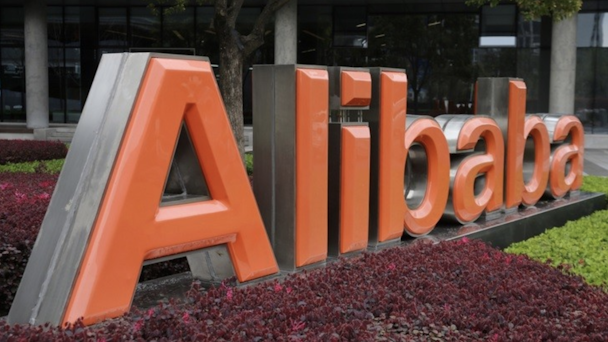Alibaba launches blockchain technology to improve supply chain integrity and enhance trust in platform
Alibaba has launched a blockchain technology initiative to protect product authenticity and improve its supply chain integrity.

Alibaba is employing blockchain technology as its seeks to bolster trust in its platforms
The Food Trust Framework is a Tmall Global initiative which aims to enhance consumer confidence and create trust and transparency for cross-border trade across Alibaba’s Tmall Global platform. The initiative will incorporate standards and controls including product tagging with unique QR codes and blockchain technology in a bid to authenticate, verify, record and provide ongoing reporting of products throughout the shipping process.
The initiative has launched a trial program with Australian vitamin brand Blackmores and New Zealand dairy brand Fonterra, along with Australia Post and New Zealand Post, with PwC to act as an advisor.
The program will incorporate the shipping of Blackmores’ Odorless Fish Oil products and Fonterra’s Anchor dairy products to China via Tmall Global orders.
If successful, the Framework could form the basis of a global supply chain model applied across all of Alibaba Group’s e-commerce markets.
The move is part of a bid by Alibaba to increase both consumer and supplier trust in its platforms as it seeks to build its reputation globally after a number of recent hits.
The initiative is similar to a program launched by Alibaba rival JD.com last year, when it teamed with IBM, Walmart and Tsinghua University National Engineering Laboratory for E-Commerce Technologies to launch the Blockchain Food Safety Alliance in a bid to improve food tracking and safety in China. Last month, JD.com launched a program with agricultural company InterAgri to track meat sold to China.
It comes as food fraud concerns increase as a result of the massive expansion of e-commerce. According to PwC, 40% of food companies find food fraud difficult to detect with current methods, and 39% believe their products are easy to counterfeit.
Alvin Liu, general manager of Tmall Import & Export, Alibaba Group, said: “Food fraud is a significant global challenge, particularly with the growing complexity of supply chains. In response, we have created a coordinated, world-leading and robust framework that involves stakeholders from across the supply chain to improve visibility and enhance the confidence of both end consumers and merchants.”
Richard Henfrey, chief executive officer at Blackmores, said, “Blackmores goes to extraordinary lengths to have visibility over our supply chain and each of our products passes 30 tests and checks before it is released for sale. So, we’re exploring ways to leverage the technology and data that can provide our consumers with assurance that their trust in our products is well-placed. Our commitment to quality doesn’t end in our distribution centre and we need to give consumers confidence in the products they purchase on e-commerce platforms.”
Fonterra Greater China president, Christina Zhu, said: “Given the potential of emerging tech, including blockchain, we want to be at the forefront of developing food quality and safety standards across the supply chain. In China and many other markets, we know consumers want to be able to trace the products they purchase online, so we welcome being a part of creating a globally respected framework that protects the reputation of food companies and gives greater value and consumer confidence.”

